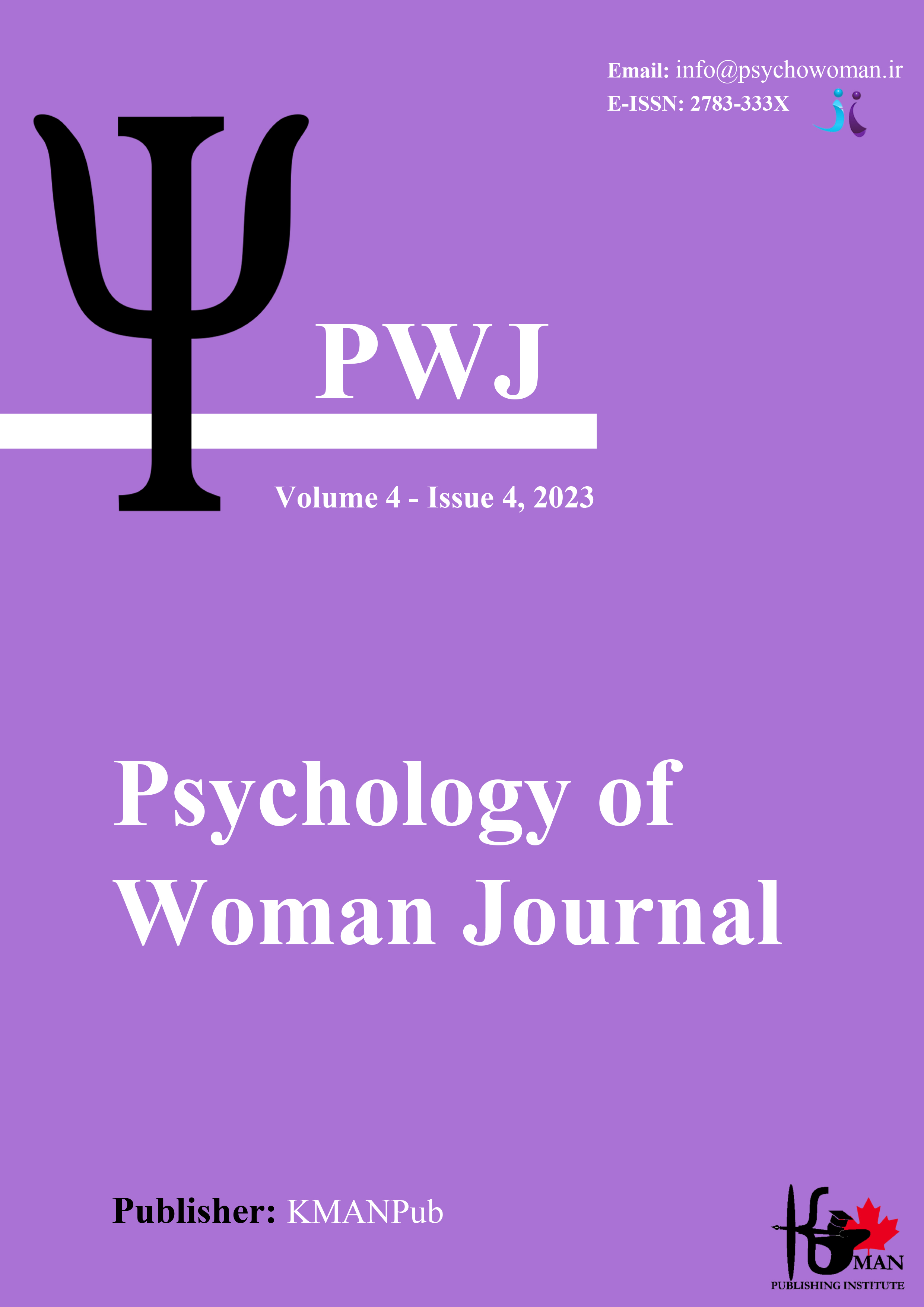The Impact of Life Skills Training on Self-Efficacy and Marital Satisfaction among Women Attending a Community Center
Keywords:
Life skills, Self-efficacy, Marital satisfactionAbstract
Objective: Marriage and marital satisfaction constitute a significant area of human life that requires adaptation. The purpose of this study was to investigate the impact of life skills training on self-efficacy and marital satisfaction among women attending a community center in Sari.
Methods and Materials: This was a quasi-experimental study utilizing a pre-test and post-test design with a control group. The population consisted of all women attending the community center in Sari in the year 2023. A total of 40 individuals (20 in the experimental group and 20 in the control group) were selected through non-random voluntary sampling and randomly assigned to the two groups. To collect data, three standardized questionnaires were used: the Olson et al. (1990) Marital Satisfaction Scale, and the General Self-Efficacy Scale by Sherer et al. (1982). The life skills training program was conducted over 10 sessions for the experimental group, while the control group received no training or intervention during this period. Pre-tests and post-tests were conducted for both groups, and data analysis was performed using univariate analysis of variance with the SPSS-16 software.
Findings: Data analysis revealed that life skills training significantly improved self-efficacy (p < .01) and marital satisfaction (p < .01) among the women.
Conclusion: It can be concluded that life skills training is a suitable strategy for enhancing marital satisfaction and self-efficacy among women, and can be effectively used as a method to increase these outcomes in women.
Downloads
Downloads
Additional Files
Published
Issue
Section
License
Copyright (c) 2023 Masoumeh Rezaei Khoramabadi (Author); Adel Amirkhanloo (Corresponding Author)

This work is licensed under a Creative Commons Attribution-NonCommercial 4.0 International License.










